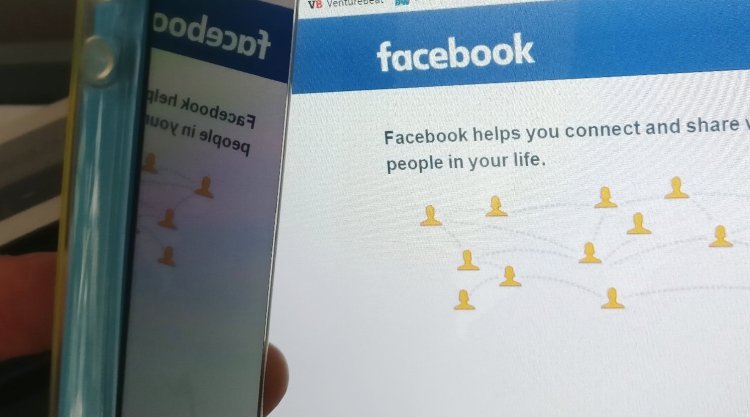Here’s something of a curveball for your brain: Facebook, Google, Microsoft, and Twitter have teamed up for a new open source project that would make it easier to transfer your data between online services.
The Data Transfer Project (DTP) was officially founded last year, and there have been whisperings about it on the likes of GitHub, but the initiative was officially unveiled today with its first four members. The DTP is actively seeking other members.
The ultimate aim of the Data Transfer Project is to improve data portability, allowing users to not only download their data but to transfer it directly to any other service.
Facebook, for example, announced a new data export tool earlier this year that enables its users to receive a copy of all the data that Facebook holds on them — this was unveiled soon after the Cambridge Analytica data privacy scandal unfolded. But the average user wouldn’t be able to do all that much with their data, other than look at it and perhaps make some amendments to their Facebook profile. With the DTP, Facebook and its three partners are trying to create channels to make it easier to move data from platform to platform.
June 5th: The AI Audit in NYC
Join us next week in NYC to engage with top executive leaders, delving into strategies for auditing AI models to ensure fairness, optimal performance, and ethical compliance across diverse organizations. Secure your attendance for this exclusive invite-only event.
DTP’s stated purpose is as follows:
DTP will enhance the data portability ecosystem by reducing the infrastructure burden on both service providers and users, which should in turn increase the number of services offering portability. The protocols and methodology of DTP enable direct, service-to-service data transfer with streamlined engineering work.
Scandals
The launch comes amid a series of data scandals involving the big technology firms. The U.S. is currently expanding its investigation into the Facebook and Cambridge Analytica data-sharing debacle, while the U.K. fined Facebook over the episode and Australia is mulling lawsuits. Elsewhere, Facebook has also been accused of “privacy zuckering,” whereby it confuses users into sharing more data than they would otherwise wish. Google also found itself in the firing line over claims that third-party developers read its users’ Gmail messages.
So the launch of a project that basically involves building APIs for the purpose of sharing data is curious given some of these recent scandals. However, this move likely ties in with one of Europe’s GDPR data portability directives that stipulates users must be able to easily transport their data between services. The DTP makes no direct mention of GDPR, but the EU ruling probably served as a key driving force behind the project’s launch.
Furthermore, the DTP may help these companies distance themselves from the perception that they are walled gardens locking their users into silos.
“Data portability and interoperability are central to innovation,” a DTP whitepaper reads. “The DTP partners believe that people should use products because they provide unique value and features. If a user wants to switch to another product or service because they think it is better, they should be able to do so as easily as possible. This concept of allowing users to choose products and services based on choice, rather than being locked in, helps drive innovation and facilitates competition.”
Moving on
In reality, few users will likely transfer their data from Facebook to an alternative social network because people tend to use the platforms their friends use. But this does mean that an emerging Facebook competitor could build a tool to make it easier for people to transfer all their data over from Facebook and could use that as extra incentive to get more users on board. This also gives Facebook a chance to brush off its image and legitimately dismiss accusations that it runs a walled-off data silo.
The DTP could potentially apply to numerous useful scenarios in the long run. For example, if the DTP gains sufficient traction, companies such as Spotify may be pressured into signing up. That could mean it would have to offer its subscribers an option to export all their playlists and listening history directly into a rival service. The same applies to other digital services, such as fitness-tracking apps, which are notoriously difficult to move away from without losing all your data.
For now, the DTP is still an early-stage project, and there don’t appear to be any existing integrations that demonstrate its potential, beyond some early works in progress. But the idea could certainly gain steam if enough developers and companies sign on.
“People increasingly want to be able to move their data among different kinds of services like these, but they expect that the companies that help them do that will also protect their data,” noted Facebook’s privacy and public policy director Steve Satterfield. “These are the kinds of issues the Data Transfer Project will tackle. The project is in its early stages, and we hope more organizations and experts will get involved.”

